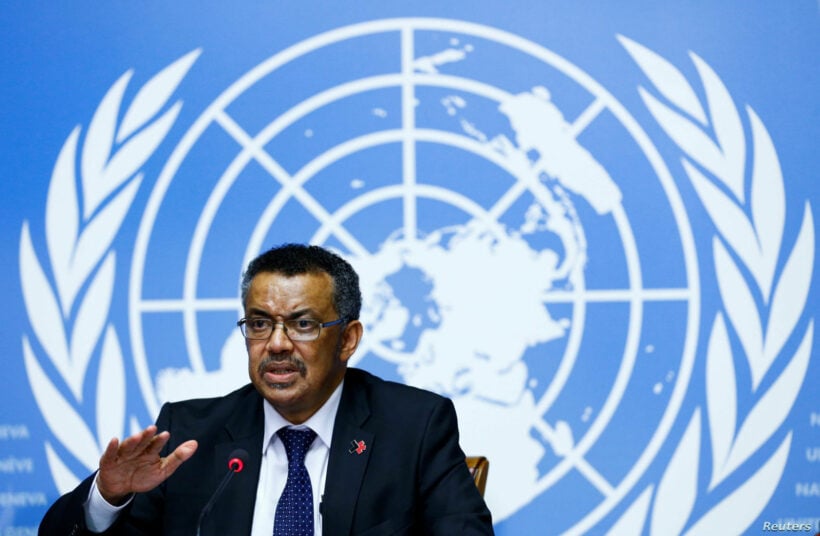More pandemics to come if we don’t prepare for the future – WHO Chief

Today marks the first International Day of Epidemic Preparedness, and to some, such a day recognising the importance of thinking ahead, is long overdue. The WHO chief is warning that if preparations aren’t made for the future, more pandemics that rival Covid-19 will follow.
Exactly 12 months today a number of mysterious respiratory cases presented at a hospital in Wuhan. Read more HERE.
The WHO’s Tedros Adhanom Ghebreyesus says any attempts to improve human health are “doomed” without tackling climate change and animal welfare. He also condemned the “dangerously short-sighted” cycle of throwing cash at outbreaks but doing nothing to prepare for the next one.
“For too long, the world has operated on a cycle of panic and neglect”.
“We throw money at an outbreak, and when it’s over, we forget about it and do nothing to prevent the next one. This is dangerously short-sighted, and frankly difficult to understand.”
Tedros’ thoughts on the matter are only supported with data that was published before Covid-19 hit. The Global Preparedness Monitoring Board’s September 2019 first annual report on world readiness for health emergencies revealed that the planet was dangerously unprepared for potentially devastating pandemics.
“History tells us that this will not be the last pandemic, and epidemics are a fact of life.”
And, with Covid-19 serving as the predecessor for any other pandemics on a global scale, he says it has highlighted the intimate links between the health of humans, animals, and the planet. A link that has undoubtedly been overlooked for too long.
“Any efforts to improve human health are doomed unless they address the critical interface between humans and animals, and the existential threat of climate change that’s making our earth less habitable.”
Covid-19 has taken the lives of more than 1.75 million people with nearly 80 million cases on record since the outbreak first emerged in China 1 year ago.
Thailand saw the first cases of the novel coronavirus outside of China, and has largely kept the virus at bay ever since. However, in a turn of events just in time for the new year, the virus officially returned to the kingdom, sparking a second wave of infections that have dashed hopes of recovering the economy through tourism initiatives.
More than 1,200 mostly Burmese migrant workers have now been infected, centred around the Samut Sakhon seafood markets. The latest cluster has now spread to 31 other Thai provinces. 1,443 people have now tested positive for Covid-19 infection since the latest outbreak was detected 8 days ago.
Meanwhile, Tedros confirms that such a pandemic is more far-reaching than anyone could have guessed. From societal and economic consequences to issues becoming spotlighted that were not taken seriously before. As Thailand’s second wave has honed in on the illegal border crossings of migrant workers, it has also highlighted those in authoritative positions that are allowing such behaviours to continue.
But Thailand isn’t unique in its issues being thrust into the spotlight, as other nations are dealing with the same effects of the pandemic. Tedros, however, makes it clear that all countries should invest in “preparedness capacities” to prevent and detect such emergencies, while supporting “stronger primary health care provisions.”
The International Day of Epidemic Preparedness was set by the UN General Assembly to promote the importance of nations working together to tackle epidemics.
SOURCE: Bangkok Post
Latest Thailand News
Follow The Thaiger on Google News:


























